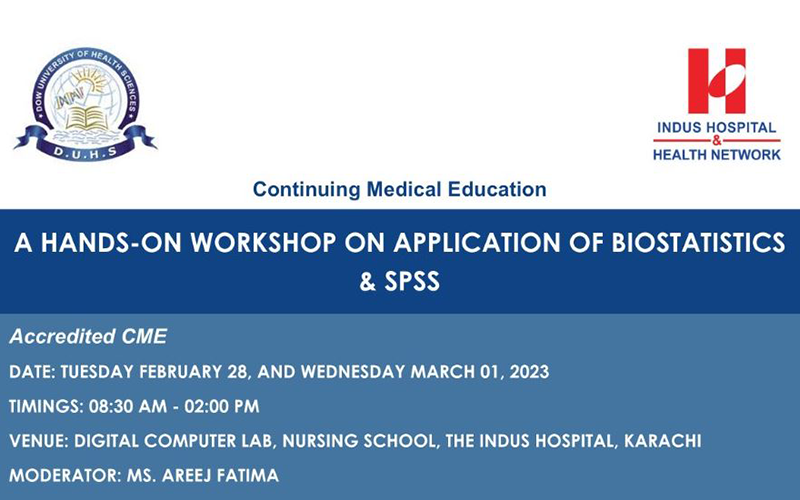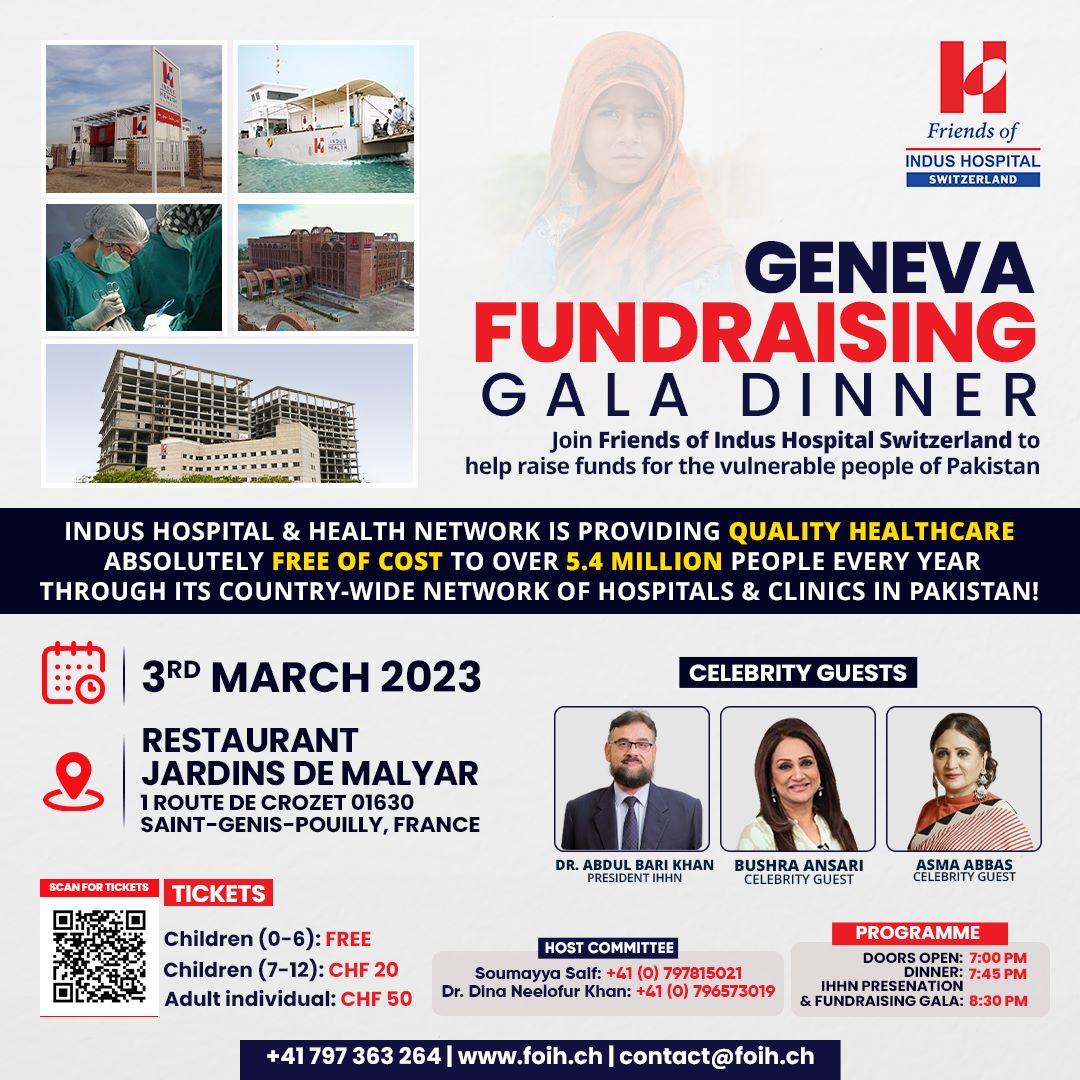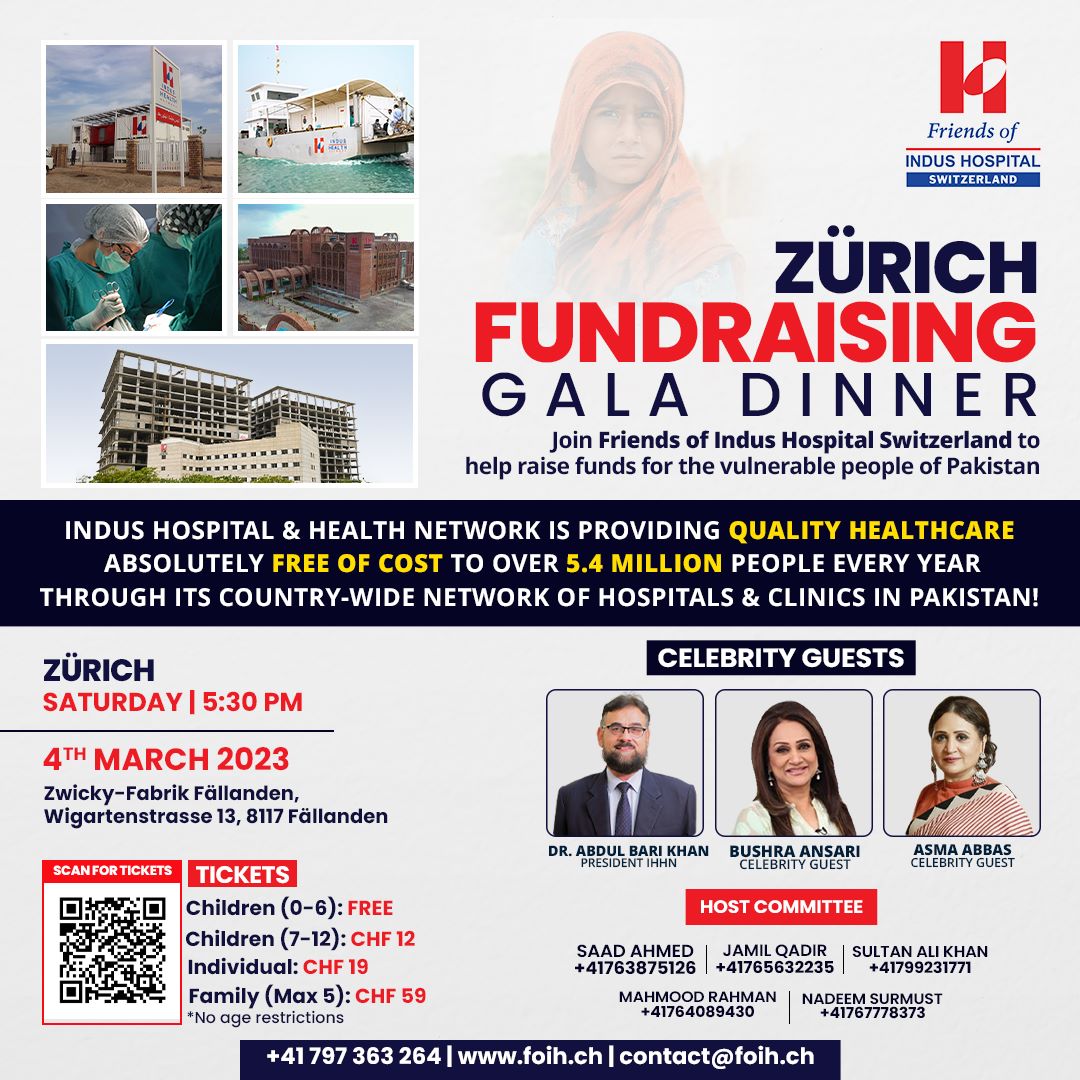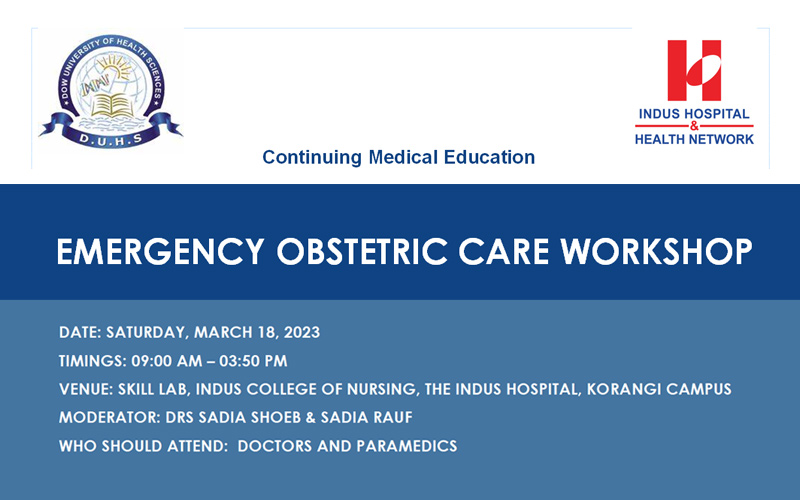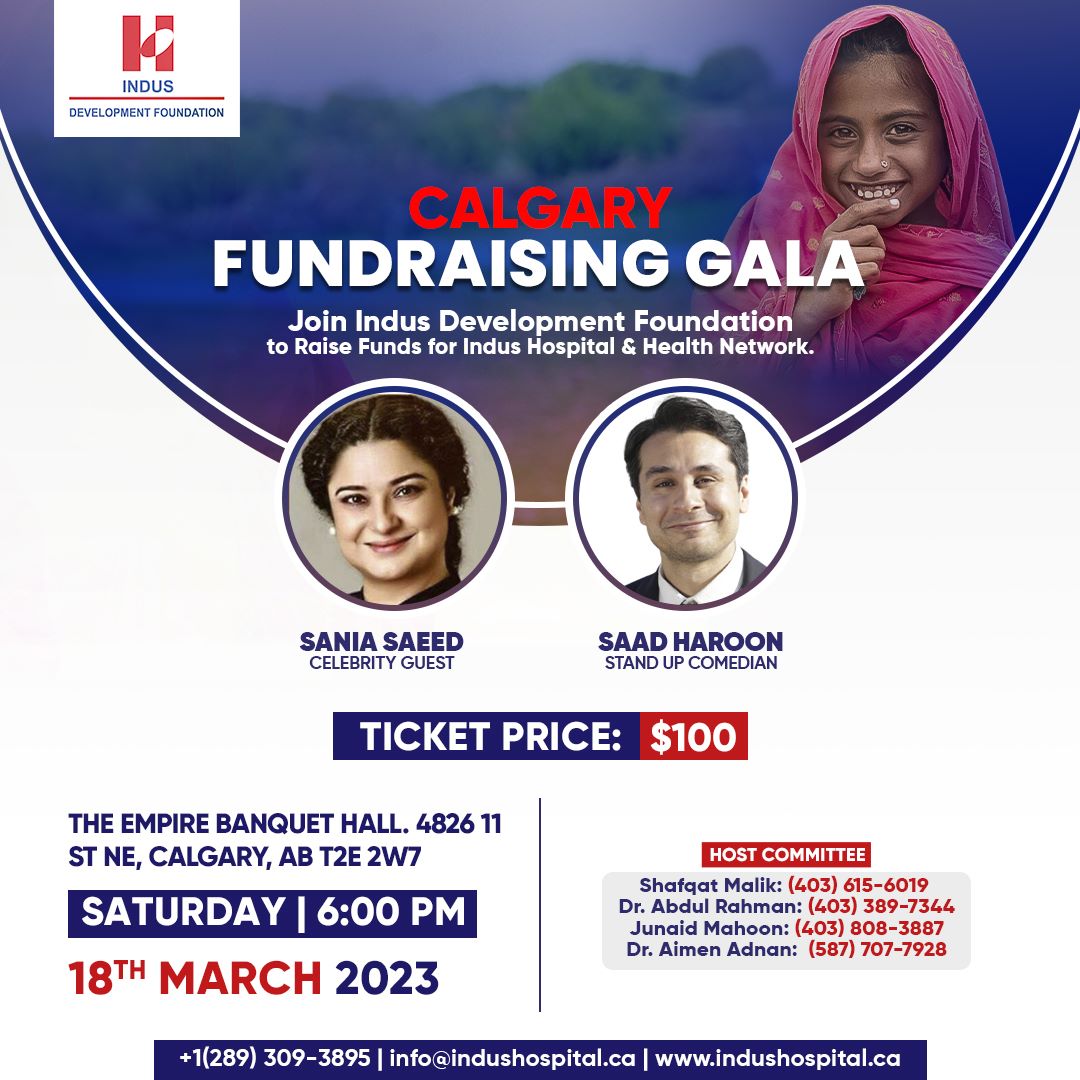Peritoneal Dialysis Symposium 2022
Info: The Nephrology Section of IHHN is pleased to announce a 03-day symposium on Peritoneal Dialysis from 11th to 13th November; 2022. This program will be conducted in collaboration with Pakistan Society of Nephrology (PSN), Peritoneal Dialysis Academy of Pakistan and International Society of Peritoneal Dialysis (ISPD). Program Flow: Day 1 – Introduction and inauguration […]


